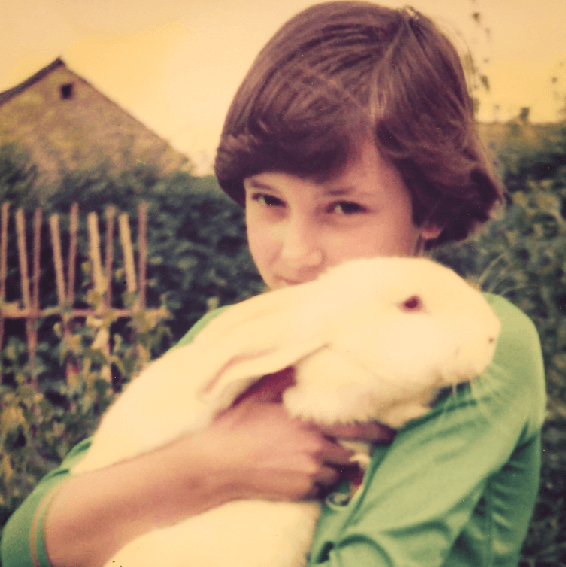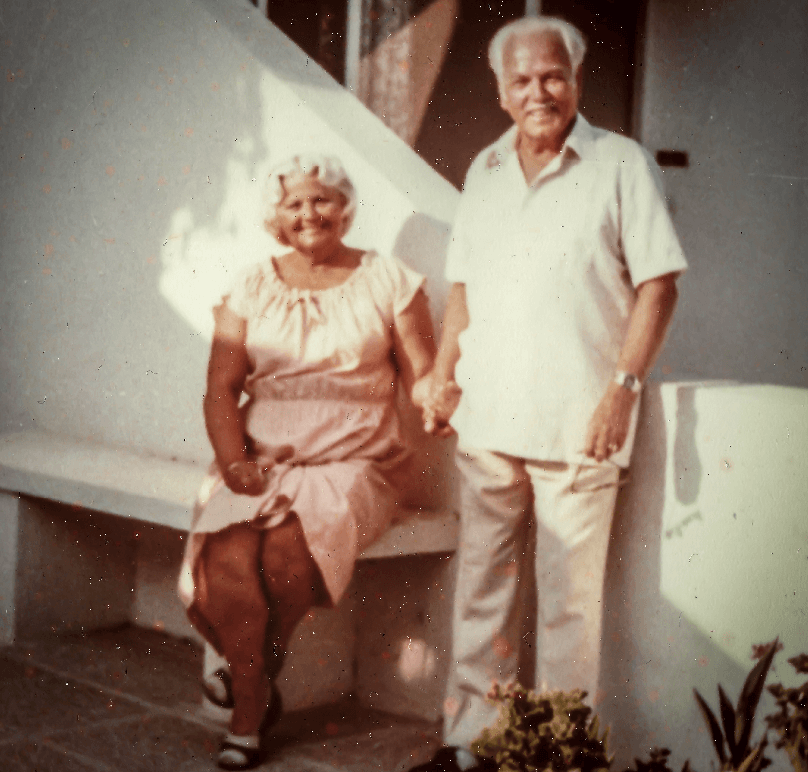As a girl I was always fascinated by the relationships I observed around me (I still am!)
Why did some feel so relaxed and easy, whilst others felt like people were tiptoeing around on eggshells, or falling out in harsh tones, or somehow saying nothing yet the air was thick with something.

As an only child, I dreamed about how wonderful it would be to have a brother or sister … but often the reality I observed did not fit in with my fantasy. All through my primary school years I spent the hours straight after school at a friend’s house until mum came home from work: one family had four children, and another family had three children, and I came to realise that just because they were family did not mean they necessarily lived in total harmony!
Later on at university, I remember conversations with a close friend who had a younger sister: clearly, they loved each other, but their approaches to life, their interests and how they communicated were totally opposite to each other. They didn’t really “get” each other. Aside from family occasions, they did not choose to spend much time together … so my fantasy about the magic of having siblings gradually dissolved into a more realistic perspective: relationships both create and consume energy. They can be really uplifting, or horribly draining.

Like many children, I spent several weeks each year during the various school holidays with my grandparents, and these experiences also shaped my understanding of the world, and of the dynamics of human relationships. I was lucky enough to spend time with both sets of grandparents, and I felt loved and cared for by all of them.
My experience in the two households felt very different, though, and that was largely because of the energy that was created and consumed by their relationships. My nana and grandad in Lancashire had a very warm and loving relationship – in their 60s they were still walking around hand in hand, there was lots of laughter and chat in their days, and I just knew that they had each other’s backs. They were a partnership. They were easy to be around and their energy was warm and attractive, bringing them new friendships wherever they went.
Granny and grandad lived in beautiful Herefordshire countryside.
The seeds of my deep connection with the natural world were sown here – learning about wild flowers, fruits and berries from granny, and the garden and farm animals from grandad.
At night time, dark meant totally dark – no street lights, and I learned to let my eyes adjust and see by the light of the moon. I was mesmerised by the stars at night.
I count myself very lucky to have grown up in Herefordshire and subsequently in Yorkshire … and that’s why my website includes some beautiful images from places that inspire me.
Granny and grandad’s household was markedly different from my grandparents in Lancashire. They spent much less time together. And when they did come together at meal times there were often raised voices and some cross words. I can’t remember what they argued about, but they seemed like two individuals who did not understand each other, rather than the partnership I witnessed in Lancashire.
I remember the edge of tension in the air, waiting to see if harsh words would be spoken or not. I’m not sure which was more uncomfortable: waiting to see if anything would erupt, or the verbal spats themselves. I also noticed that the tension was worse when other people were present (rather than when it was just me and my grandparents), and from conversations as an adult I now understand that the other adults were keen to protect me from the situation, even though they may have felt helpless to do so.
I learned a lot about what it takes to create warm, collaborative relationships and I knew that I wanted to create harmony and connection in the world because I had experienced first-hand the impact it has on how we feel, how we think and how we behave towards each other.
